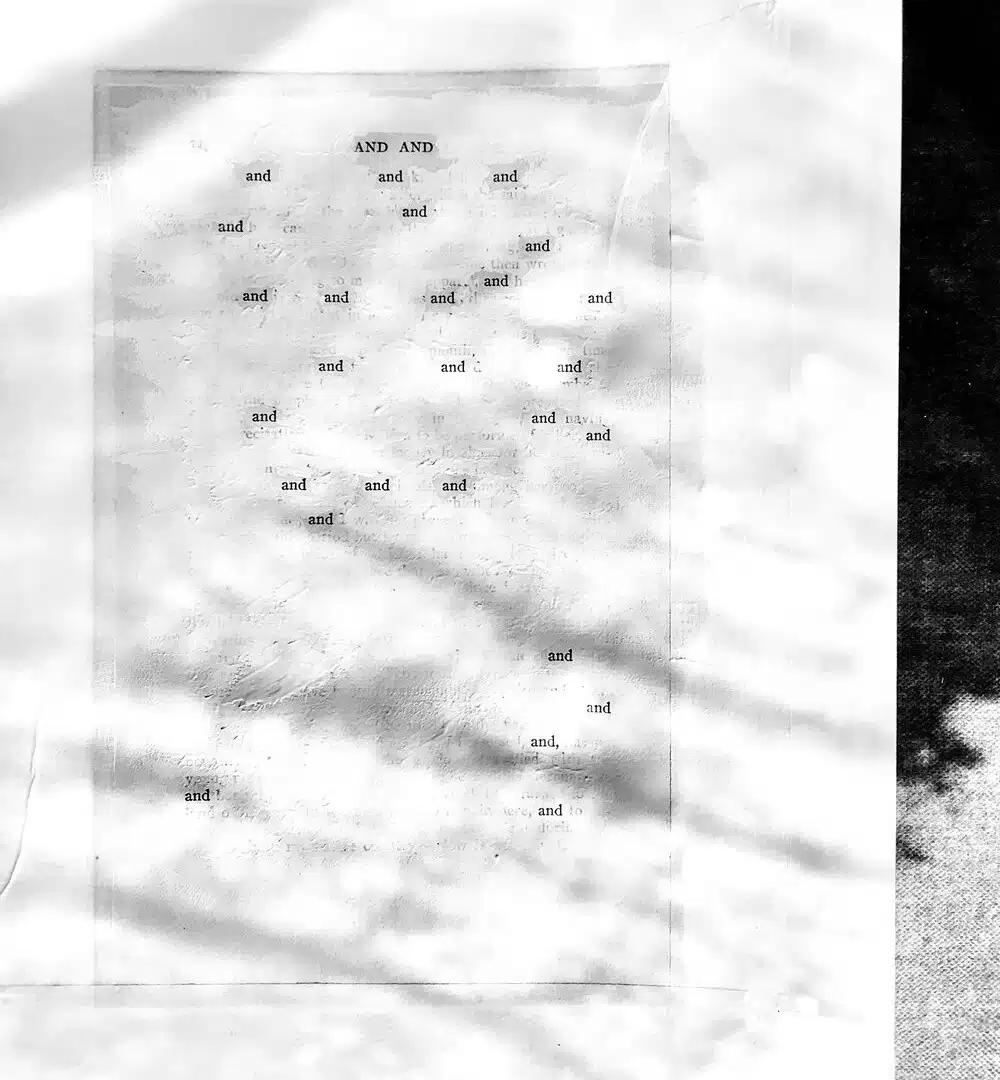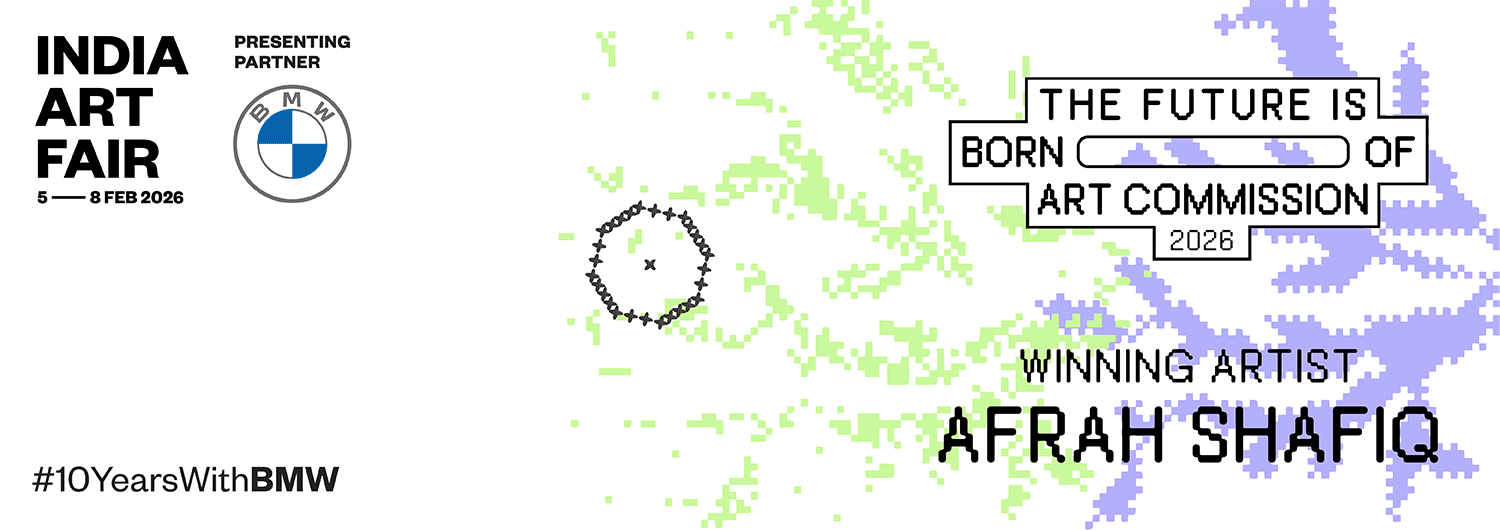With the advent of Web 2.0, reading, writing and circulation have taken on new forms, ushering an array of genres and modes of address. Writing and publishing in the arts that was once the domain of art history, museology and art criticism have expanded to encompass new discursive forms that include artistic research, lecture performances, curatorial propositions and speculative criticism. This panel brings together editors and writers who discuss their practices and the role they see for writing in a hyper-textual milieu. This panel will be moderated by Pramodha Weerasekera, and feature Arushi Vats, Bazik Thlana, Najrin Islam and Senjuti Mukherjee
The session will take place from 7:20pm – 8:30pm (New Delhi/Colombo) | 7:35pm – 8:45pm (Kathmandu) | 6:50pm – 8pm (Islamabad) | 7:50pm – 9:00pm (Dhaka). To register and join, click here.
ABOUT THE SPEAKERS
Pramodha Weerasekera is based in Colombo, Sri Lanka. She has an interdisciplinary educational and professional background in literary studies, visual studies and law. Her research interests mainly lie in discussions pertaining to literary theory, justice, gender, and visual cultures. She is an avid reader who believes in knowledge creation through the arts as well as the power of language and art in terms of capturing intricate emotional responses to life. She writes in an independent capacity and has been working at the Museum of Modern and Contemporary Art Sri Lanka as Assistant Curator Education and Public Programmes since 2019.
Arushi Vats writes on arts and culture. Her writing has appeared in Runway Journal, MARCH: a journal of art & strategy, Alternative South Asia Photography, The Karachi Collective, LSE International History, Critical Collective. She has authored curatorial notes for Galerie Mirchandani Steinruecke, Mumbai; Reliable Copy, Bangalore; and Aicon Contemporary, New York. Her short stories are published in nether quarterly, The Gulmohar Quarterly and Hakara Journal; poetry is forthcoming in PIX Quarterly. She has been awarded the Eyebeam & Momus Critical Writing Fellowship 2021-22.
A visual artist and an academic researcher from Mizoram and based in New Delhi, Lalthlanchhuaha a.k.a. Bazik Thlana defines himself as a socially conscious eccentric- owning a conscious refusal of a centrally defined axis as well as an unconventionality to his practice. Precariously positioned between urban living and tribal roots, his work draws inspiration from the unique space he occupies. Thlana narrates his personal journey of coming of age and comments on political injustice like the central narrative of inept inclusion. His approach often comments on the need to look closer and examine- to take the time to inspect and appreciate a culture and people that are often forgotten in the broader scheme of things.
An independent writer and performer, Najrin Islam is a postgraduate from the School of Arts and Aesthetics, Jawaharlal Nehru University (JNU), New Delhi. She has been associated with several platforms as a writer, including ASAP | art and Five Million Incidents. She was awarded the first Art Writers’ Award 2018-19 by TAKE on art magazine and Swiss-Arts Council Pro Helvetia, which resulted in a residency and an associated publication titled Archive as Medium: Exploring the Performative Body. Najrin’s research interest is situated at the intersection of moving image histories, archival politics and institutional omissions. Exploring the potential of the image to confuse, deflect and reveal, her writing gravitates in the direction of digital, forensic and fictive vocabularies.
Having trained in Comparative Literature and Art History and with an enthusiasm for visual and material cultures, Senjuti Mukherjee has worked as an archivist, researcher, writer and editor for over nine years. In her archival work, she has been involved with organisations such as Osian’s Connoisseurs of Art, Eka Cultural Resources and Delhi Art Gallery. One of her most recent archival projects was to build Nemai Ghosh’s photographic archive at Delhi Art Gallery. Recently, she was the commissioning editor and project manager for Serendipity Arts Foundation’s long-form critical writing publication series titled Projects/ Processes. Currently, she is the editor for ASAP (Alternative South Asia Photography), a platform publishing pedagogical conversations on the political and cultural aspects of photography and film. Her research is, at present, focussed on moments of technological and economic rupture and its impact on labour relations within the film industry.
ABOUT STAGING THE CONTEMPORARY
‘Staging the Contemporary: The Next Generation’ is a two-day symposium and knowledge platform presented by India Art Fair and Ishara Art Foundation and is supported by Shiv Nadar University. The symposium aims to bring together the next generation of artists, curators, collectives and writers working in South Asia to deliberate on the urgencies, methodologies and infrastructures that lay new foundations for cultural practices today.



